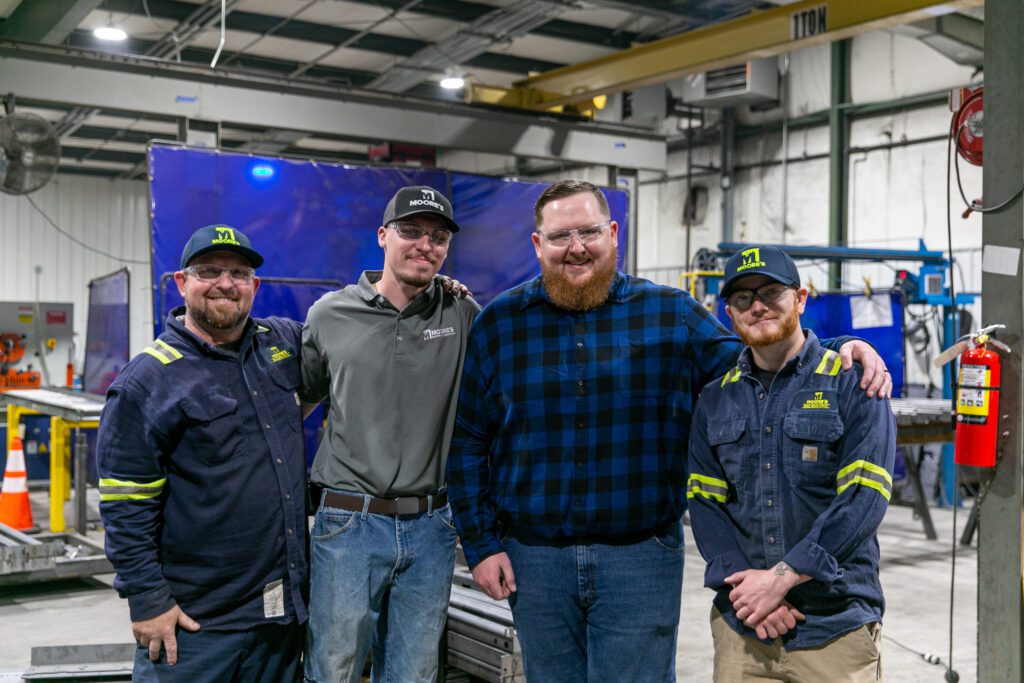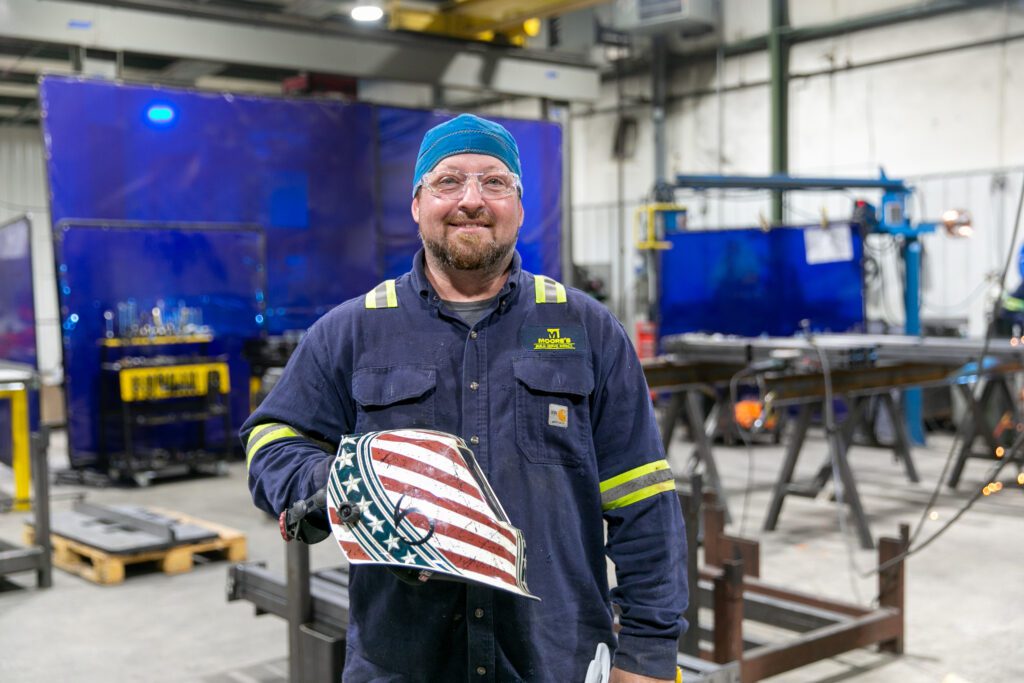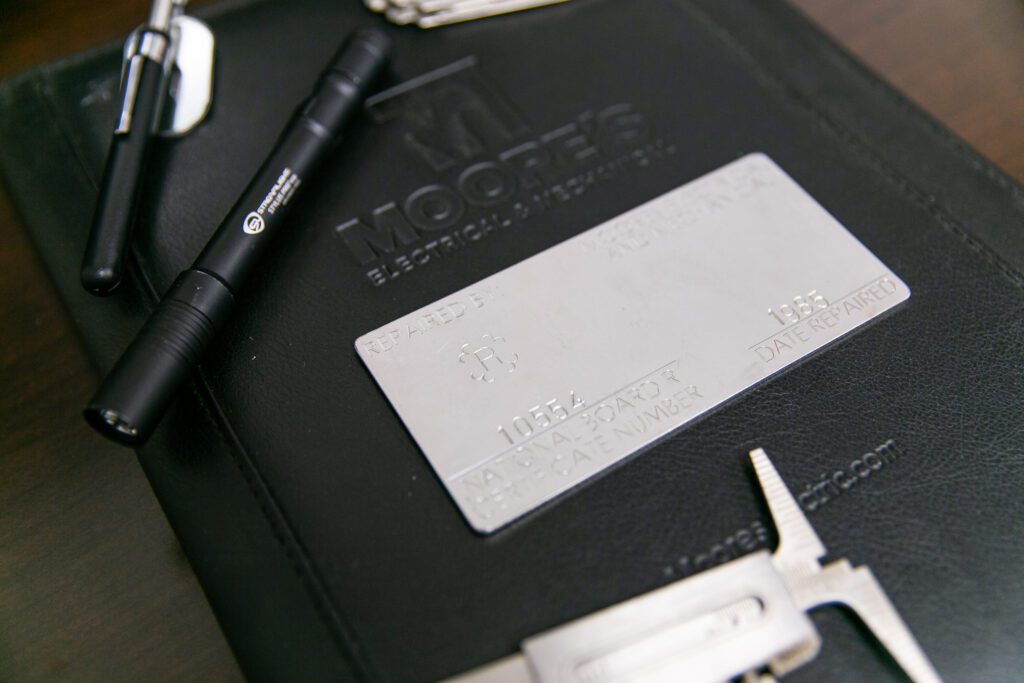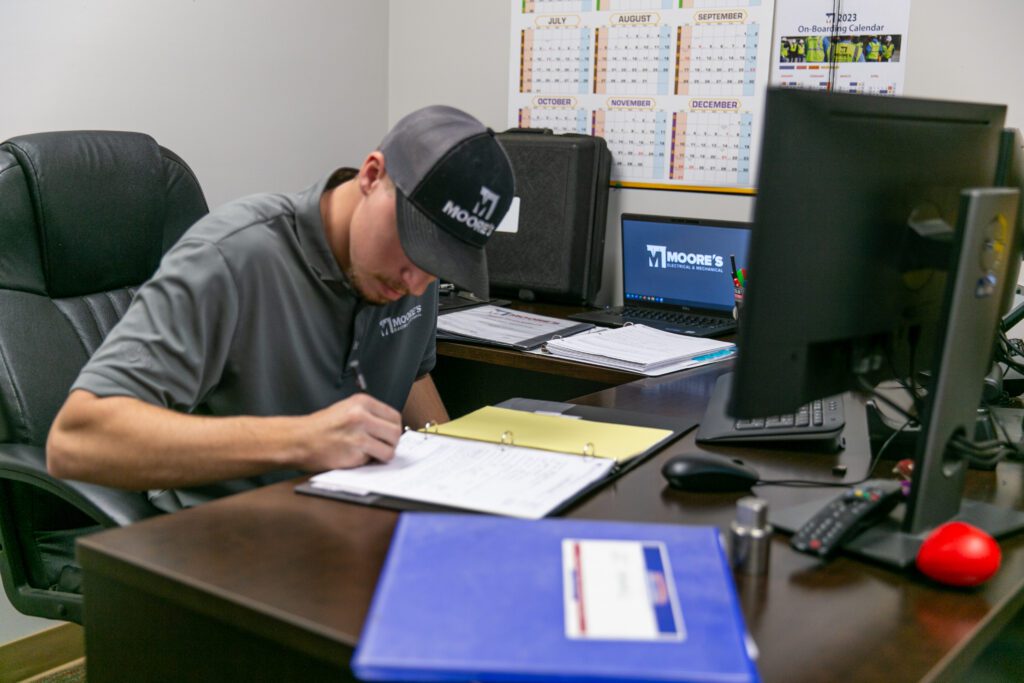Pressure vessels are critical components used in various industries such as power plants and manufacturing facilities. Due to the high-pressure conditions under which they operate, proper maintenance and repair are necessary to ensure their safety and efficiency. Selecting the right welding services for pressure vessel repair and maintenance is imperative to maintain their longevity.
Keep reading to discover the five essential factors to consider when choosing a welder for pressure vessel repairs.

Importance of a Certified Welding Inspector for Pressure Vessel Repairs
The importance of a Certified Welding Inspector (CWI) for pressure vessel repairs cannot be emphasized enough. While some may argue that the cost of hiring a CWI or seeking credible R stamp welding services is not worth it, it is crucial to consider the long-term value.
Although cutting corners may save time and money, it could lead to serious safety issues and legal consequences. For pressure vessels, which are high-risk equipment that require specialized welding and repairs, it is essential to select a certified welder with documented qualifications, a detailed repair procedure, R Stamp certification, and thorough testing of the repair. Proper close-out paperwork is also important to ensure accountability and traceability for any future repairs or alterations.
When it comes to ASME pressure vessel welding, selecting the right provider is critical. To guarantee the safety and efficiency of your pressure vessel, you must consider several factors. At Moore’s, we understand the importance of safety and quality in pressure vessel repairs. That’s why we have an R Stamp certified team and on-staff Certified Welding Inspector (CWI) to ensure your repair is done correctly and safely.
So, what should you consider when selecting a welding service for your pressure vessel repairs? Let’s dive into it!
1. A Certified Welder for ASME Pressure Vessel Repair
When searching for a welder, one of the most critical things to consider is certification. Your welder should be certified by ASME’s Boiler and Pressure Vessel Code (BPVC), which governs the qualification of welding, brazing, and fusing procedures. Welders who hold this certification have extensive welding knowledge and experience.
But what distinguishes a certified welder from a qualified welder? While a qualified welder possesses the necessary skills to produce sound welds, a certified welder has documented and signed qualifications from the company where they work. When it comes to pressure vessel repair or alterations, utilizing a certified welder is required by law.

2. A Detailed Repair Procedure by a CWI
When it comes to repairing specialized equipment like pressure vessels, repair welds can be complex and require a high level of skill. To ensure a successful repair, it’s crucial to find a service provider with a Certified Welding Inspector (CWI) who can create a detailed repair procedure tailored to your needs.
A CWI reviews documents such as Welding Procedure Specifications (WPS), welder qualifications, test records, project specifications, and welding codes to develop the proper repair procedure for the certified welder to follow. Some certified welding companies outsource CWI work, but finding a company with an in-house CWI can save you time and money for your boiler repair, chiller repair, or welding repair needs.
3. R Stamp Certification
Pressure vessels under the ASME require a “tag” also known as a nameplate. When a pressure vessel is built and passes its final inspection, the ASME Code mark is stamped onto the nameplate, proving the vessel was built in accordance with the ASME code standard.
When a pressure vessel requires repair, a new stamp will be welded to the shell of the vessel verifying the repair was done properly and the pressure vessel has passed inspection. A special repair stamp, known as the R Stamp, is welded as close as possible to the original tag with the serial number and National Board number. Only R Stamp certified companies are authorized to perform this type of repair. If you see the R Stamp on your pressure vessel, you risk heavy fines and multiple safety issues if your provider is not R Stamp certified. Remember, it’s required.
Ensuring you have a certified provider for modifying or repairing your pressure vessel means your equipment is performing safely as intended.

4. Thorough Testing of Repair
After the Certified Welding Inspector thoroughly inspects the repair weld, it’s time to test the vessel. This procedure verifies the repair presents a proper hold. The testing must be witnessed by an Authorized Inspector from The National Board of Boiler and Pressure Vessel Inspectors (NBBI). Your provider should have an authorized inspector in-house or one they work with to test the repair quality.
5. Proper Close-Out Paperwork
At the end of the job, your provider should be able and willing to provide a complete record of the work performed, including qualified material documentation, material identification and origin, detailed work procedures, test reports, and QC documentation. Keep track of these documents for any future repairs or alterations required for your pressure vessel.

Expert Welding Services for Pressure Vessel Repair – Trust Moore’s Certified Team
At Moore’s, we understand the importance of selecting a certified provider for your pressure vessel welding needs. If you’re in a pinch and need a repair done quickly, Moore’s R Stamp certified team and on-staff CWI work together to create a custom repair procedure for your facility needs in a timely manner.
Our certified welders will perform the proper repair weld, test the repair, and provide proper documentation so you can be confident your repair was done properly and your equipment is running efficiently and safely.
Need a repair on your pressure vessel? Contact us today!